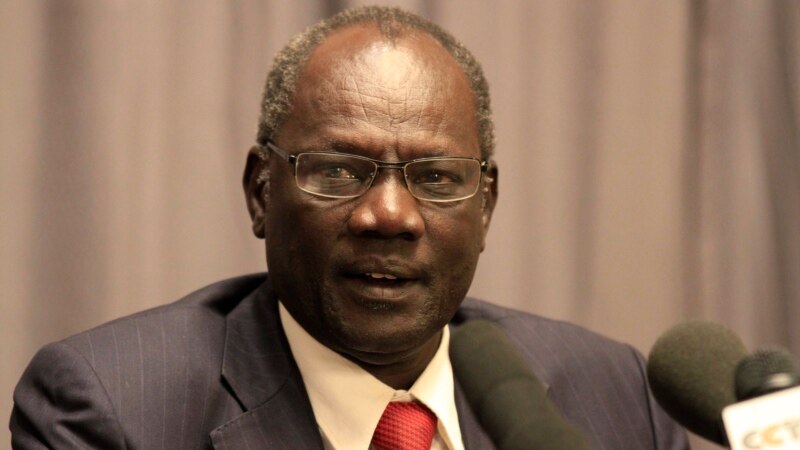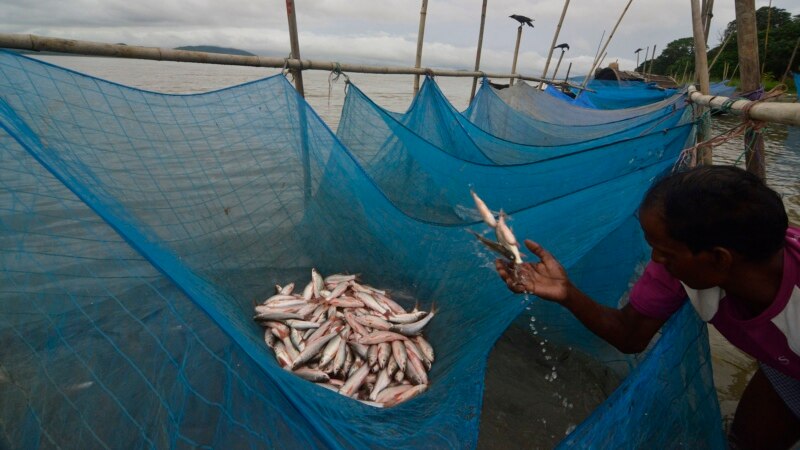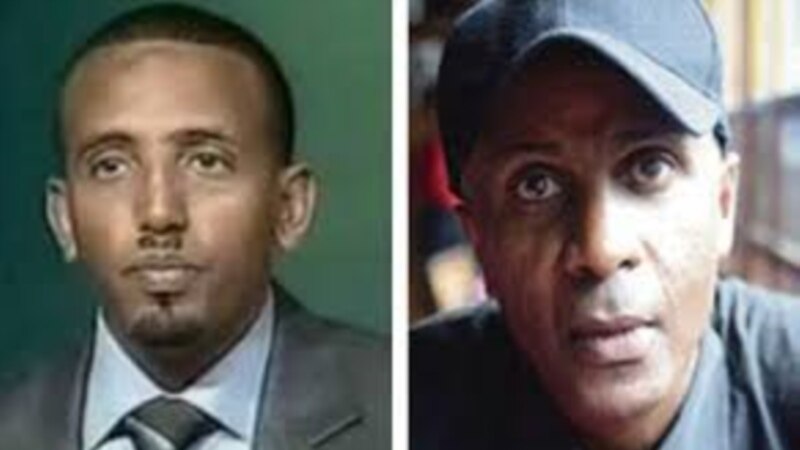

South Sudan’s government Friday declined to sign an agreement on rules to facilitate discussion aimed at reviving the country’s collapsed 2015 peace deal.
The government’s delegates refused to approve the Declaration of Principles (DOP), intended to guide a second phase of high-level talks. They cited concerns over the document’s Article 28, which calls for taking punitive measures against individuals who block implementation of the revived peace deal.
The government’s delegates were not obligated to sign the guidelines, South Sudan’s information minister and spokesman Michael Makuei told reporters Friday in Addis Ababa, Ethiopia, where the talks are taking place. He said mediators and facilitators had announced Thursday “that the signing of the DOP is optional. So it is up to each party to decide whether to sign.”
Makuei said the government delegation wants Article 28 removed from the declaration.
“There is no reason for us to sign such a document in which there is a provision which incriminates and which irrelevant and which is not a principle,’’ the information minister said.
Talks enter fifth day
Meanwhile, rebels of the Sudan Peoples’ Liberation Movement in Opposition (SPLM IO), loyal to Riek Machar, issued a statement Friday affirming their commitment to ending violence in South Sudan.
They and other opposition groups strongly support Article 28.
The South Sudan parties signed an agreement in December on ceasing hostilities, protecting civilians and providing humanitarian access in South Sudan, but violated it within hours.
The talks entered their fifth day Friday, with the parties reaching another deadlock on the composition of the South Sudan’s transitional National Legislative Assembly. The various opposition groups would like the current assembly dissolved and reconstituted. But the government delegation insisted the assembly should be expanded to accommodate new groups.
Talks will continue
Rajab Mohandis, representing an umbrella group of South Sudan’s civil society at the talks, said negotiations would continue despite the setback by the government delegation.
“We are here to negotiate,” Mohandis said. “By not signing this document [DOP], it doesn’t signal any party pulling out from the process.”
Mohandis said the civil society stands ready to encourage good-faith negotiations.
“It our hope as the civil society that the parties, with the help of the mediators, will find a common ground” on Article 28 and “sign the document and continue with negotiations.”












